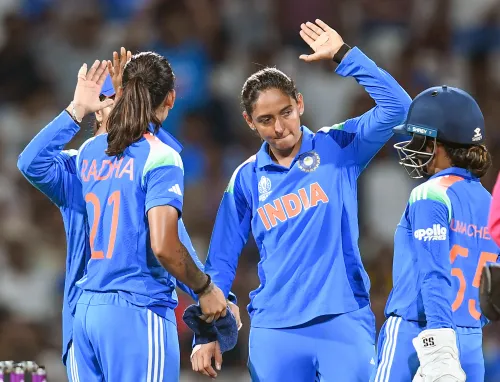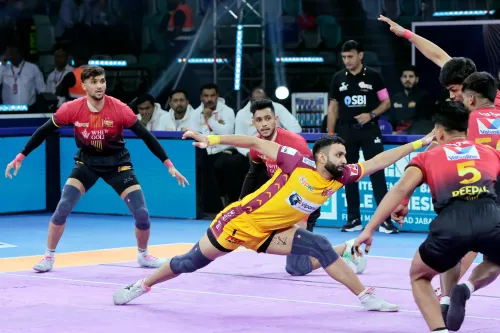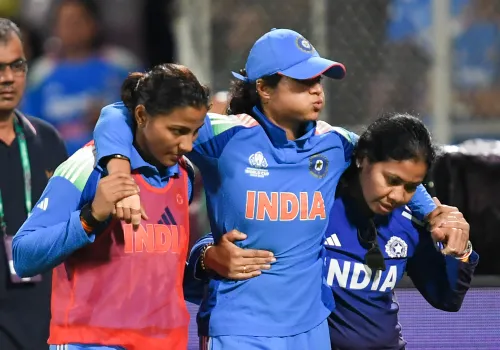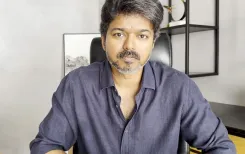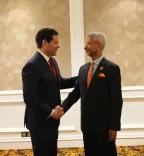Is Kohli's Retirement a Reflection of Mental Strength Over Mechanics?
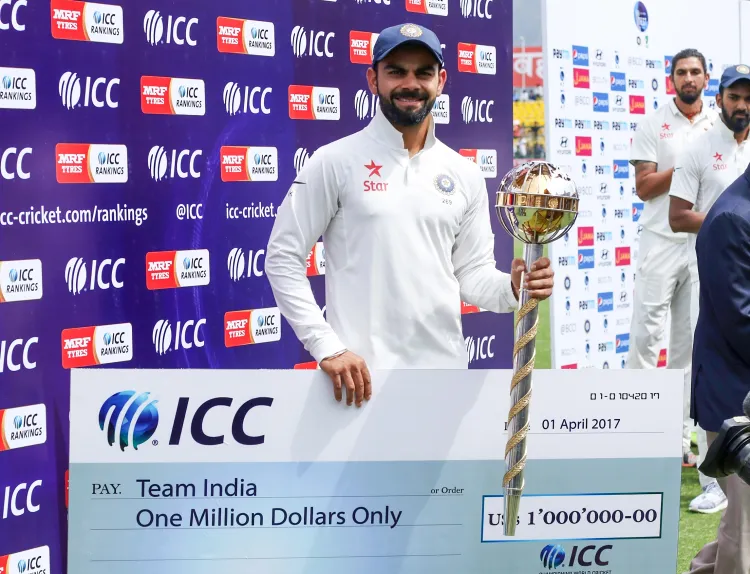
Synopsis
Key Takeaways
- Mental clarity is crucial for maintaining a player's form.
- The decline in performance often stems from mental challenges rather than physical limitations.
- Great players have the potential to reinvent themselves by focusing on mental strength.
- Trust, intent, and simplicity are key elements of success.
- Years of pressure can lead to mental fatigue, impacting performance.
New Delhi, June 5 (NationPress) Former India head coach Greg Chappell asserts that Virat Kohli’s retirement from Test cricket serves as a significant reminder that in cricket, a batter’s form is more influenced by mindset than by mechanics.
Last month, Kohli made the announcement regarding his immediate retirement from Test cricket, where he had scored 9,230 runs over 123 matches at an impressive average of 46.85.
“Kohli, who was once the epitome of intensity and technical proficiency, has recently stepped down from Test cricket. His choice stems not from a decline in skill, but from a growing awareness that he could no longer summon the mental clarity that previously made him a formidable player.
“He recognized that at the elite level, unless the mind is sharp and decisive, the body will falter. When doubt creeps in, it disrupts decision-making, hampers footwork, and diminishes the spontaneity required for top-tier performance. Kohli's retirement emphasizes that form is largely a mental construct rather than a mechanical one,” Chappell noted in his column on ESPNCricinfo.
Chappell, who has also played for Australia and served as their selector, further pointed out that in cricket, the most significant decline among aging batters is not in physical ability but in their mental clarity while performing at peak levels. He added that if mental clarity is regained, some players can indeed excel in the twilight of their careers.
“When instinct is replaced by hesitation, and confidence transforms into caution, it's evident that the first place to look is within. This struggle has been documented throughout generations. From Sachin Tendulkar and Ricky Ponting to Virat Kohli, Steven Smith, and Joe Root, the most respected names in the sport have faced the invisible burden of expectation and the creeping realization of decline.
“However, many have managed to rise again - reminding us that while bodies age, the mind can be retrained, refocused, and revived. The journey back for older players seldom involves extensive technical reconstruction; instead, it requires reverting to a state of mental clarity, reigniting the mindset of their younger selves.
“This doesn’t imply blind aggression or naive optimism. It means recalling the essence of their initial success: trust, intent, and simplicity. As one ages, mental fatigue intensifies. Years of pressure, expectations, and performance exhaust the brain's capacity for sharp focus.
“Combine that with physical strain, and it becomes easy to adopt a cautious, survival-first mentality. That is the pitfall. The legends who reinvent themselves - like Tendulkar in his resurgence, or Sunil Gavaskar in his final flourish - are those who manage to transcend the noise,” he concluded.

